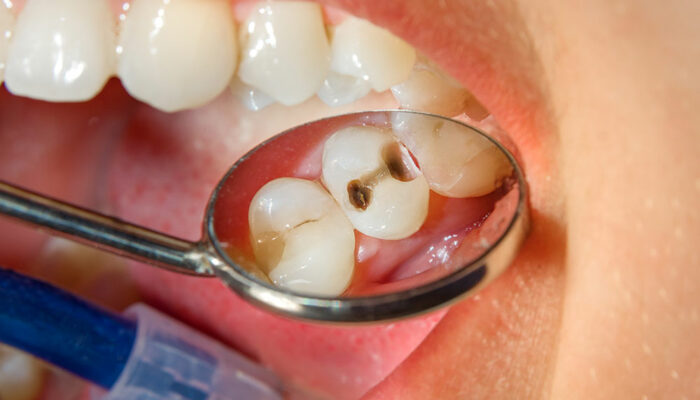
health
4 cancer signs that worsen with high sugar intake
The intake of excessive sugar is associated with multiple health complications, including cancer. The cells in the body, including cancerous ones, use glucose to survive, grow and spread. Glucose may not be directly responsible for the onset of cancer. However, having sugar in excessive amounts may increase the risk of the disease and worsen its symptoms. So, here is a look at how high sugar intake can worsen common symptoms of cancer: Fatigue Sugar can help temporarily boost energy levels. The pancreas produces enough insulin to break down food into simple sugars, which are then utilized by cells to stay energized. However, sometimes the pancreas may not be able to produce enough insulin, which could lead to excessive sugar in the blood, causing fatigue and weakness. Further, if one is at risk for cancer or is affected by the disease, the body needs more energy to fight the abnormal cells. So, fatigue is a common sign of cancer that can worsen when dealing with high blood sugar. Frequent infections If one is dealing with cancer, the weakened immune system is already prone to frequent infections. The immune system requires balanced nutrition, such as healthy amounts of minerals and vitamins, to thrive and fight diseases, including cancer.
Read More 








